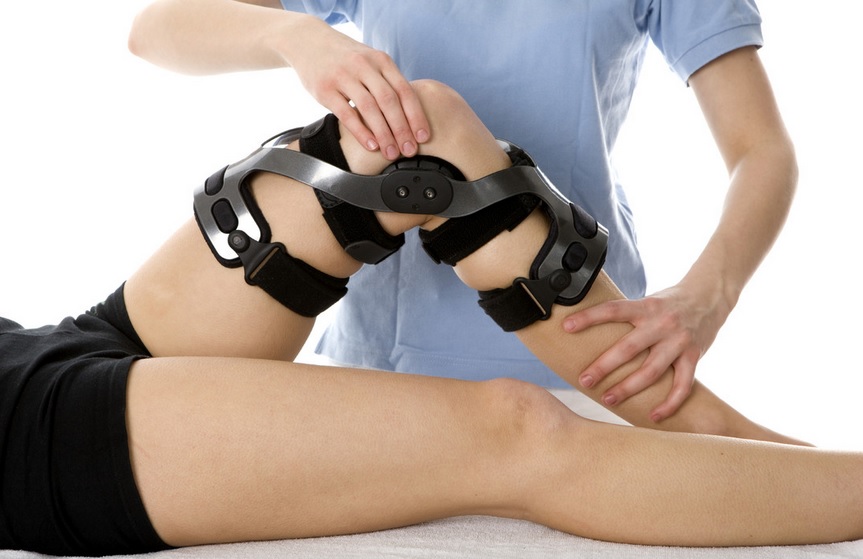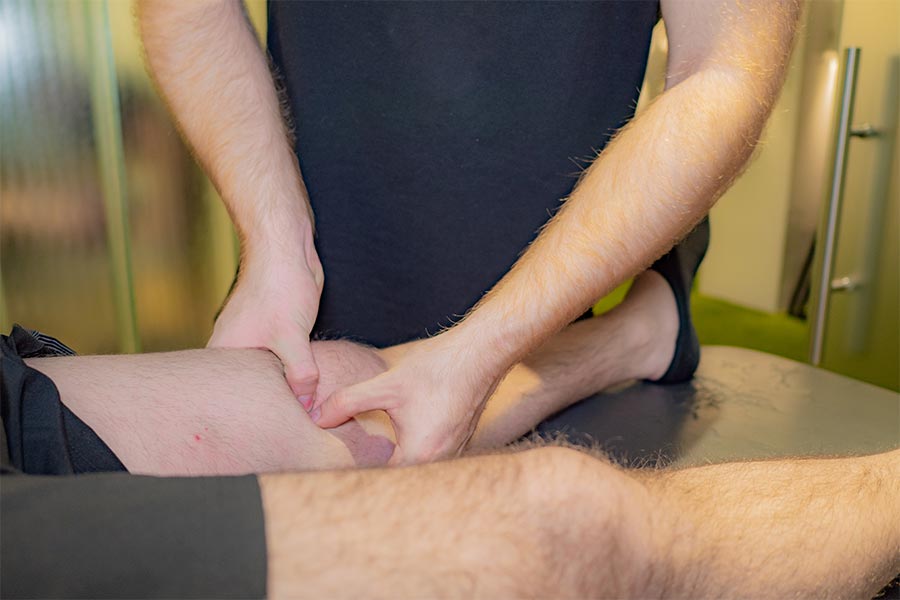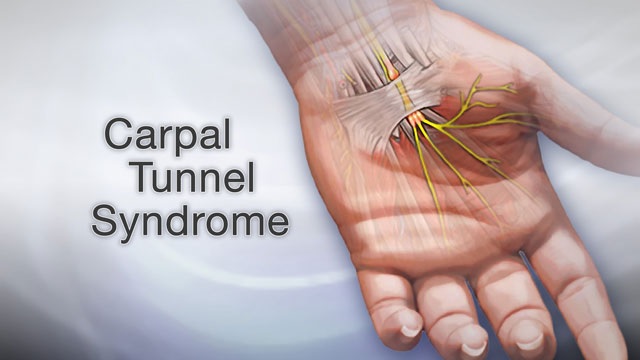It is no secret that physiotherapists in Dwarka are of great importance for the treatment and prevention of diseases or injuries to the human body. In other words, its function is to rehabilitate patients and help maintain their well-being.
Usually, physiotherapy in Dwarka takes place in offices, clinics and hospitals. What many people do not know is that there is the possibility of opting for home physiotherapy in Dwarka, which is a great resource for those who have some kind of mobility difficulties.
However, there are other benefits involved in this process. Do you know what they are? Follow the text below to know the main advantages of receiving a home physiotherapist in Dwarka!
- Reduction of risks
Although not all cases exist, there are many patients who are in delicate situations – which tends to create a risky context of locomotion. For example, having to leave home regularly for treatment increases the chances of falling and other problems that may happen on the way.
In addition, we all know that health facilities offer the risk of the presence of infectious agents to those who travel through these places, even if hygiene measures are maintained at all times. In this case, avoiding hospital infection is a great preventive solution.
- Greater chance of accelerating recovery
An individualized treatment favors the patient’s recovery in several ways. The home physiotherapist in Dwarka manages to pay more attention, the family support makes all the difference and the tranquility of being at home is also a privilege. All of these issues guarantee security for whoever is being treated, including an emotional or psychological comfort that usually motivates the results.
- Comfort and convenience for the patient
We cannot deny that, along with the reduction of risks, we need to consider that the convenience of home physiotherapy in Dwarka is an enormous benefit. Even for those who do not go through a serious situation, being served at home is synonymous with comfort, practicality, time optimization and even savings (especially for transportation expenses).
The home physiotherapist in Dwarka takes charge of bringing all the equipment and accessories necessary to carry out the treatment, while the patient continues to enjoy the warmth of his own home. After the programmed activities are over, he can return to his normal routine instantly and without major difficulties. Nowadays, this is a sign of quality of life that cannot fail to be considered as a very interesting alternative, isn’t it?
- Time flexibility
In many cases, the patient is unable to fit into the conventional hours of attendance at a Physiotherapy centre in Dwarka – mainly because he has other appointments or perhaps because he does not have someone available to accompany him in the consultation.
Thus, home physiotherapy in Dwarka (known as home care) offers this facility to make sessions more flexible by combining with the professional the best days and times for both.
Our last tip is to find a qualified Physiotherapist in Delhi to offer this type of service.
So, what did you think about knowing the biggest benefits of home physiotherapy in Dwarka? If you have any questions on the subject, you can contact us.









